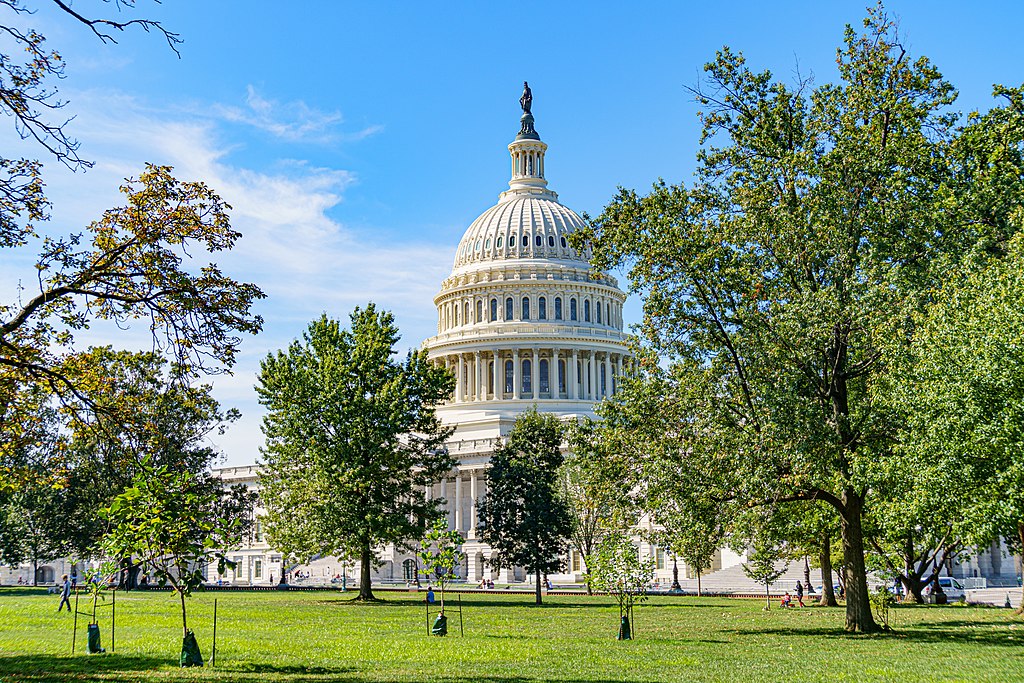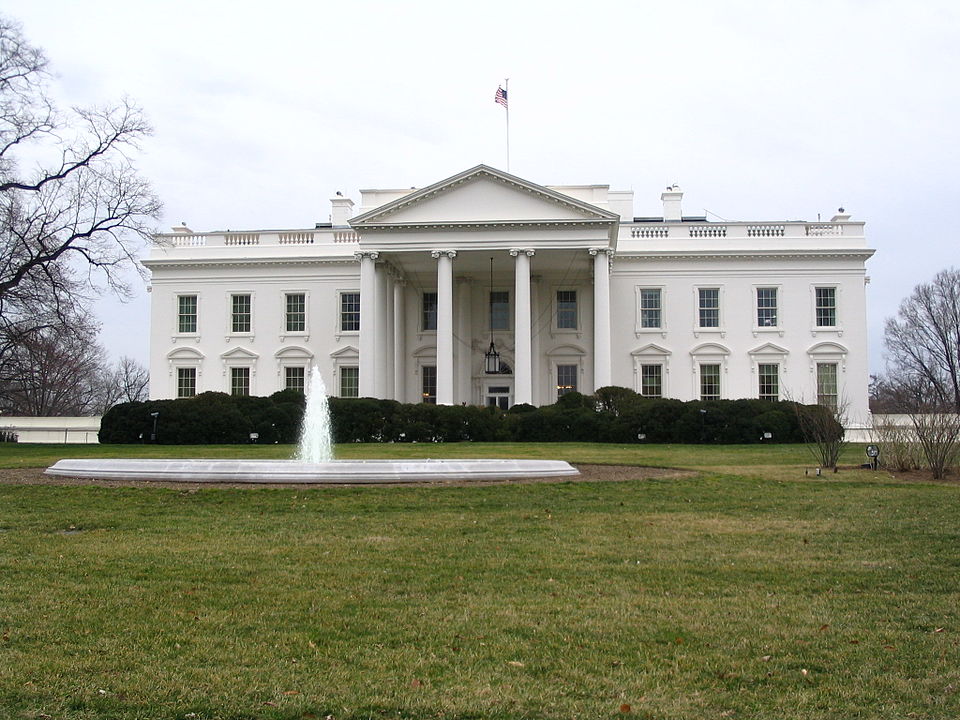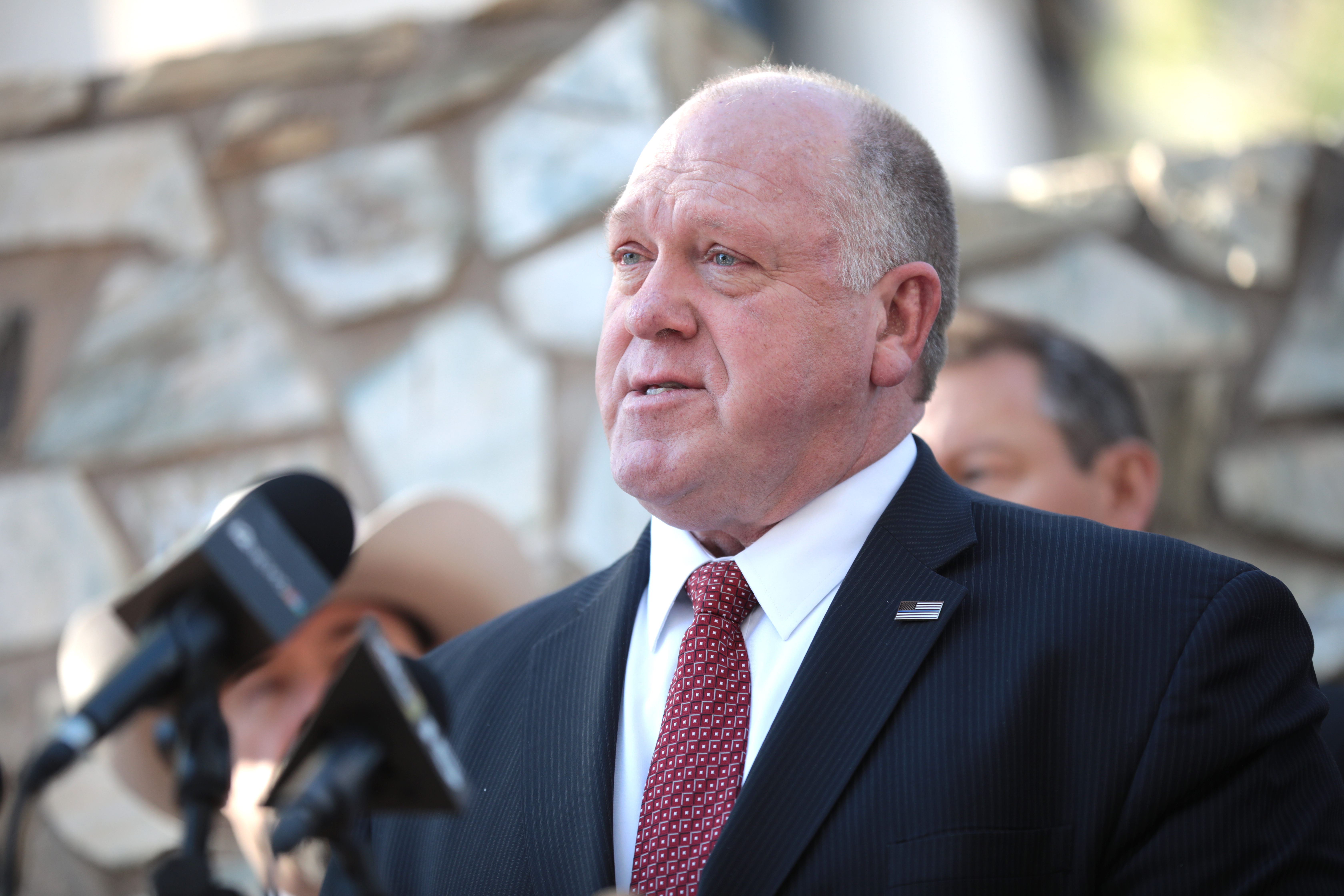Just days after signaling a rare moment of leniency toward illegal immigrants in key industries, the Trump administration has abruptly reversed course, instructing Immigration and Customs Enforcement (ICE) to resume raids on farms, hotels, and restaurants — sectors long reliant on migrant labor.
According to The Washington Post, the Department of Homeland Security (DHS) informed representatives from 30 ICE field offices during a Monday morning call that worksite enforcement would resume immediately. This reversal comes after a brief pause announced late last week, during which the administration appeared to acknowledge the deep reliance these industries have on long-standing, unlawful labor.
The sudden pivot follows a series of mixed messages from President Trump himself. In a Truth Social post last week, the president seemed to soften his tone, admitting that aggressive immigration enforcement was unintentionally hurting American farmers and hospitality businesses.
“Our great Farmers and people in the Hotel and Leisure business have been stating that our very aggressive policy on immigration is taking very good, long-time workers away from them, with those jobs being almost impossible to replace,” Trump wrote.
However, by Sunday evening, the mood had shifted sharply. In a renewed directive on social media, the president declared the return of mass workplace raids and called on ICE agents to ramp up operations in what he described as the launch of the “single largest Mass Deportation Program in History.”
The rapid policy reversal highlights an ongoing power struggle within the administration over how to balance immigration enforcement with economic realities.
White House Deputy Chief of Staff Stephen Miller, the architect behind much of Trump’s hardline immigration policy, reportedly opposed any carve-outs or leniency for illegal aliens in agriculture or hospitality.
Miller’s camp reportedly viewed last week’s pause as a dangerous precedent, and pressed internally for a full return to enforcement.
The brief exemption granted to agricultural and hospitality sectors triggered immediate backlash from many of Trump’s core supporters, who viewed any reprieve for illegal immigrants as a betrayal of the administration’s central promise to enforce immigration laws without exception. Critics flooded social media and conservative talk shows with pointed references to high-profile cases like that of Mollie Tibbetts, a 20-year-old Iowa college student who was murdered in 2018 by a man authorities said was working illegally on a local farm. For these voters, Tibbetts’ death remains a powerful symbol of the risks associated with any leniency in immigration enforcement. They argued that allowing unlawful residents to remain — even those with long-standing ties to employers — opens the door to preventable tragedies and undermines the “zero-tolerance” message Trump has consistently campaigned on.




